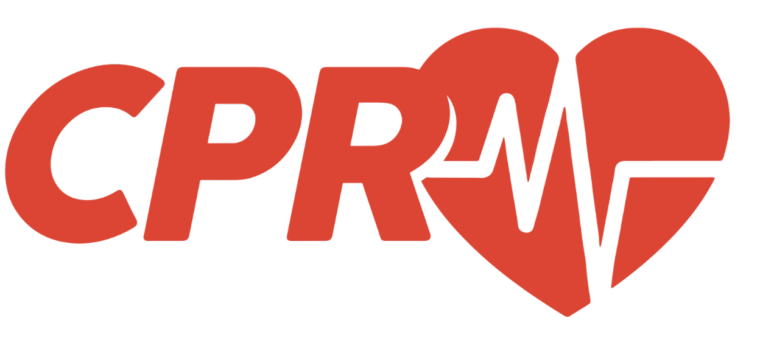Mastering CPR: A Lifesaving Skill for Every Parent – Understanding Infant CPR

Cardiopulmonary Resuscitation (CPR) is a fundamental skill that holds the power to save lives, especially in emergency situations. While CPR training is invaluable for adults, it becomes even more critical when it comes to infants, who may face unique medical emergencies requiring immediate intervention. In this article, we delve into the importance of CPR, particularly focusing on infant CPR, and how parents can equip themselves with this vital skill.
Understanding Infant CPR:
Infant CPR is a specialized form of CPR designed to address the unique physiology and needs of babies under the age of one year. Unlike adults, infants are more susceptible to respiratory and cardiac emergencies due to factors such as underdeveloped airways and vulnerability to sudden infant death syndrome (SIDS).
Importance of Infant CPR:
- Rapid Response to Emergencies: Infants can experience sudden medical crises such as choking, drowning, or cardiac arrest. In such situations, immediate CPR can be the difference between life and death.
- Prevention of Brain Damage: Babies rely heavily on a constant supply of oxygen to their developing brains. Effective CPR ensures that oxygenated blood continues to circulate, minimizing the risk of brain damage during emergencies.
- Empowerment for Parents: Learning infant CPR empowers parents and caregivers with the skills and confidence needed to respond effectively in critical situations involving their child.
- Enhanced Safety in the Home: Knowledge of infant CPR creates a safer environment for infants, reducing the anxiety associated with potential emergencies and providing peace of mind to parents.
Mastering Infant CPR:
- Enroll in CPR Training Courses: Many organizations offer CPR training courses specifically tailored to infant CPR. These courses provide comprehensive instruction on recognizing emergencies, performing chest compressions and rescue breaths, and addressing common infant medical crises.
- Practice Hands-On Skills: Hands-on practice is crucial for mastering infant CPR techniques. Use training mannequins to simulate real-life scenarios and familiarize yourself with the correct procedures for chest compressions and rescue breathing on infants.
- Stay Informed and Updated: Stay informed about the latest guidelines and recommendations for infant CPR from reputable sources such as the American Heart Association (AHA) or the Red Cross. CPR protocols may evolve over time, so it’s essential to stay updated on best practices.
- Seek Certification: Upon completion of infant CPR training, consider obtaining certification to validate your skills. CPR certification demonstrates your commitment to infant safety and may be required for certain childcare professions or volunteer positions.
